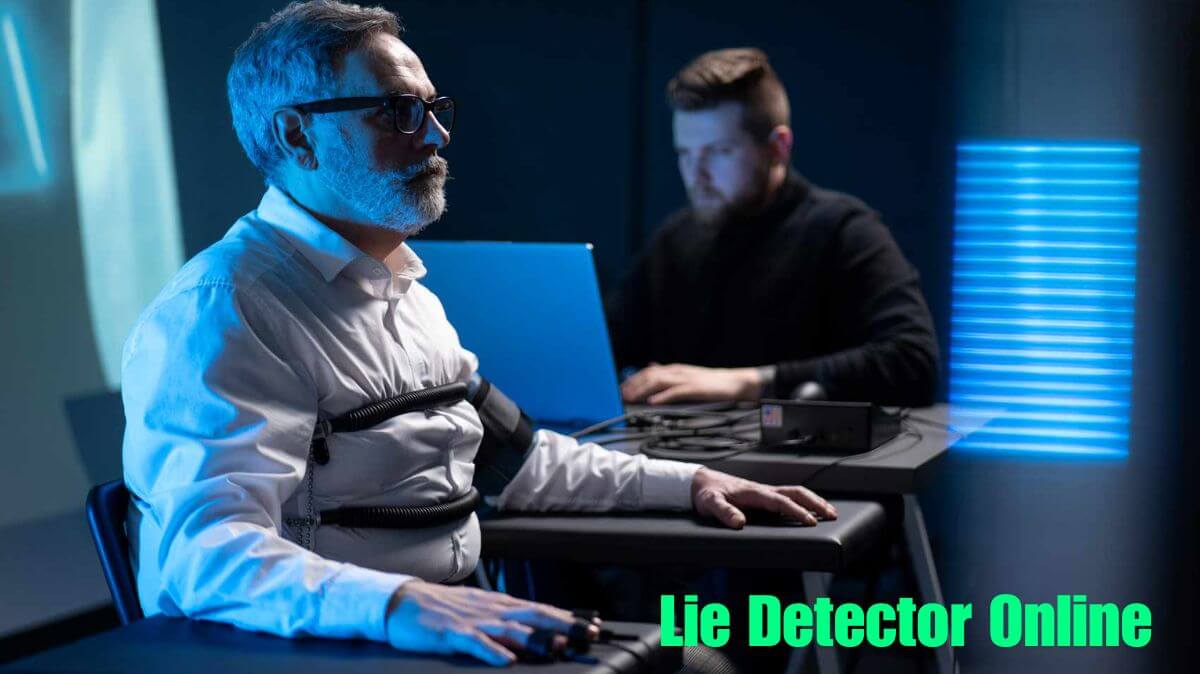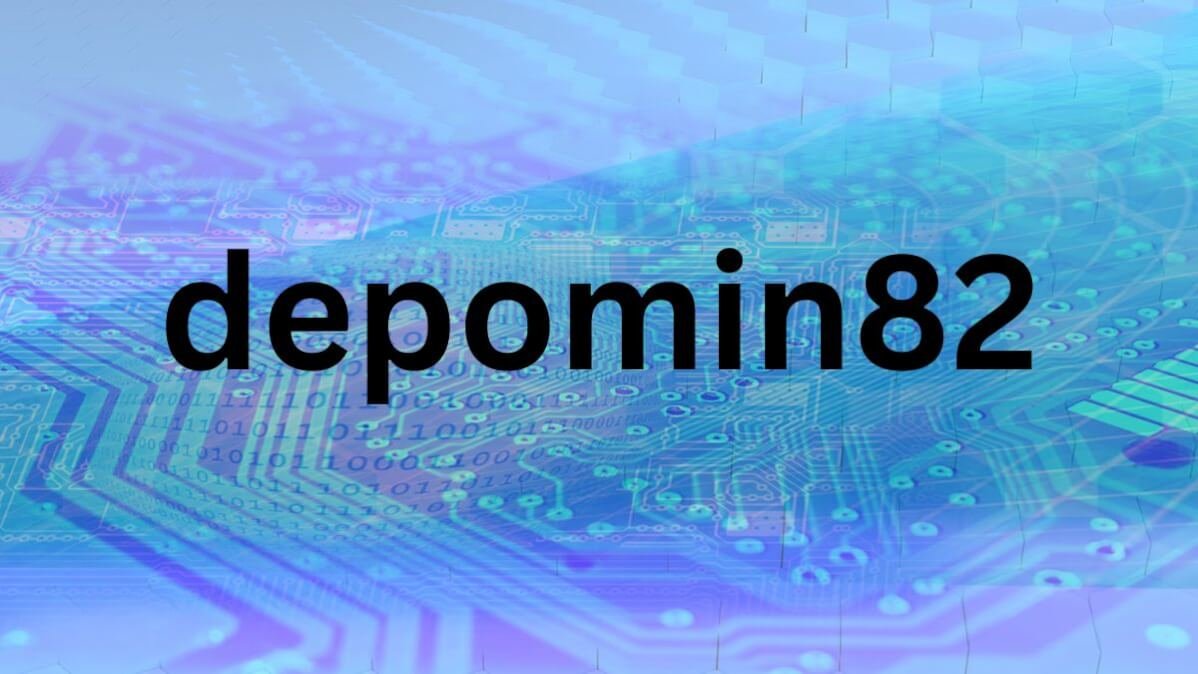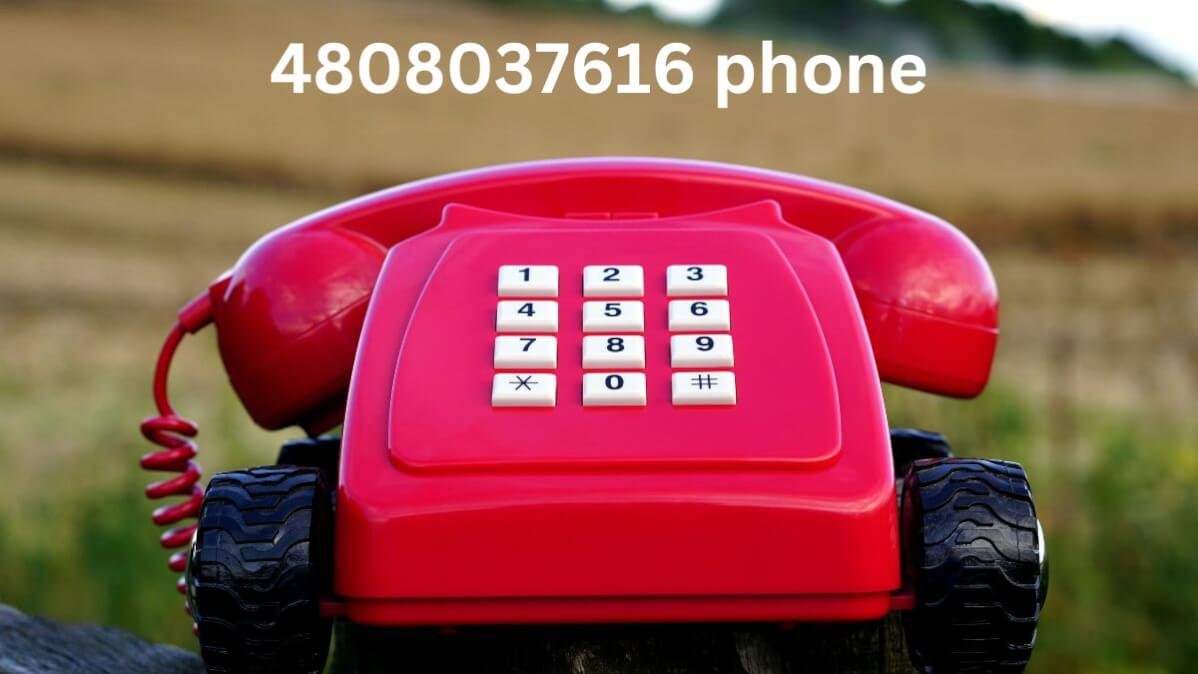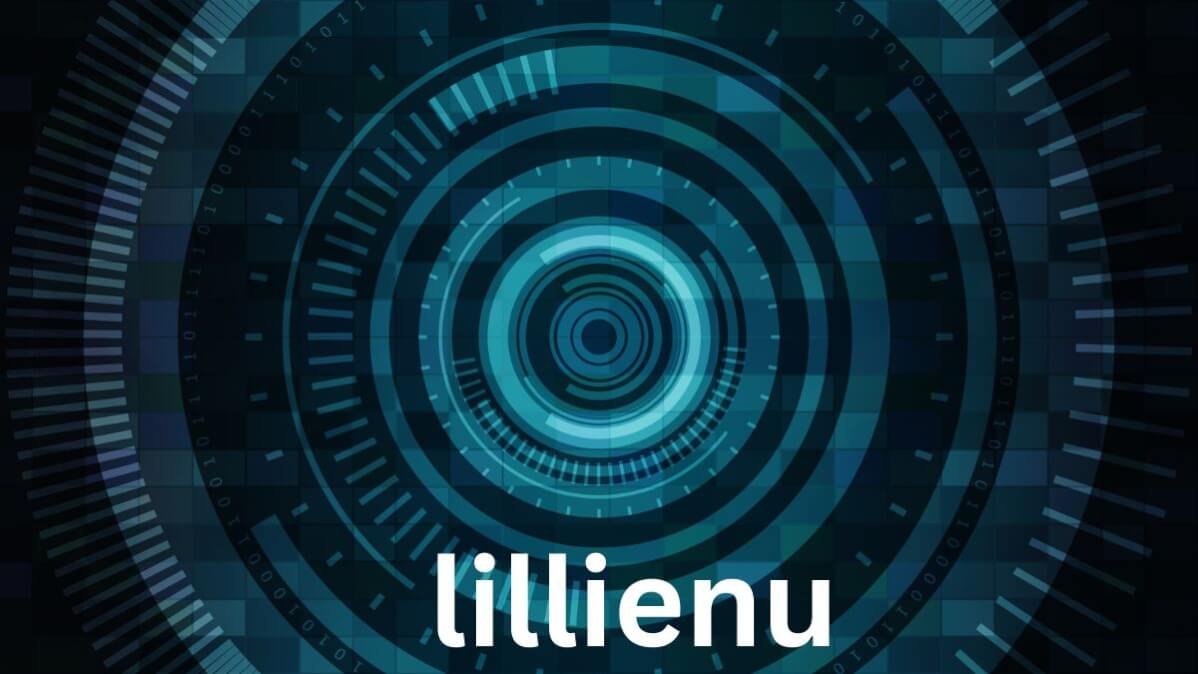Introduction to lie detectors and their purpose
Have you ever found yourself questioning the truthfulness of someone’s words? Or perhaps you’re curious about your own honesty in certain situations? Lie detectors have long been a tool for uncovering deception. Traditionally, these tests involve intricate machinery and skilled professionals, making them somewhat inaccessible for everyday use. But what if we told you that advancements in technology have paved the way for lie detector online options? The idea of taking a lie detector test from the comfort of your home is not only intriguing; it also opens up new possibilities. Let’s explore how this modern approach can benefit you and whether it holds its ground against traditional methods.
Traditional methods of administering a lie detector test
Traditional lie detector tests, known as polygraph examinations, typically involve a trained examiner and sophisticated equipment. The process starts with an initial interview to establish baseline physiological responses.
During the test, several sensors are attached to the subject’s body—measuring heart rate, blood pressure, respiration, and skin conductivity. These metrics help identify stress signals that may indicate deception.
The examiner asks a series of questions while monitoring these physiological changes in real-time. Analyzing this data requires expertise; only skilled professionals can interpret what it truly means.
Despite their long-standing use in law enforcement and corporate settings, traditional methods come with challenges. They require significant time commitments from both the examiner and participant. Moreover, factors like anxiety or medical conditions can skew results, leading to potential inaccuracies that raise ethical concerns around their reliability.
The emergence of online lie detector tests
The digital age has revolutionized many aspects of our lives, and lie detection is no exception. The emergence of online lie detector tests is a testament to how technology can simplify complex processes.
With just a few clicks, users can access platforms that offer these assessments remotely. This shift makes it easier for individuals who might be intimidated by traditional testing environments.
Moreover, advancements in algorithms and data analysis have paved the way for more sophisticated tools that analyze responses in real-time. Users can experience a sense of control over their situation while gaining insights into trustworthiness or deception.
As people seek alternatives for various reasons—whether personal or professional—the rise of online options continues to grow. It reflects society’s changing attitudes towards truthfulness and transparency in communication.
Benefits of using a lie detector online
Using a lie detector online offers unparalleled convenience. You can take the test from the comfort of your home, eliminating the need for travel and scheduling complications.
Accessibility is another major advantage. Whether you’re in a remote area or have a busy lifestyle, an online option makes it easy to fit this service into your routine.
Cost-effectiveness can’t be overlooked either. Traditional tests often involve high fees due to professional services and equipment costs. Online solutions typically provide more affordable alternatives without sacrificing quality.
Additionally, many users appreciate the element of privacy that comes with online testing. There’s no need to face an examiner directly, which can alleviate stress and improve overall performance during the test.
This innovative approach also allows for flexible timing; you can choose when you feel most comfortable taking the assessment, maximizing accuracy and reliability in your results.
Also Read: Dive into Fun: Tag Unblocked Games Await!
Convenience and accessibility for users
The rise of lie detector online services has transformed how we approach truth verification. Users can now access these tests from the comfort of their homes, eliminating the need for travel to specialized facilities.
This convenience means no more scheduling conflicts or long waits in sterile environments. Participants can choose times that suit them best, making the process less stressful and more user-friendly.
Additionally, 24/7 availability ensures that help is just a click away whenever needed. Whether it’s a personal matter or a professional inquiry, users appreciate having resources at hand without time constraints.
With easy-to-navigate platforms and clear instructions, anyone can engage with this technology effortlessly. The accessibility offered by online lie detectors empowers individuals to seek answers on their own terms while enhancing overall satisfaction with the experience.
Cost-effectiveness compared to traditional methods
Opting for a lie detector online can significantly reduce expenses compared to traditional testing methods. Traditional polygraph tests often come with high costs, including fees for trained personnel and the need for specialized equipment.
In contrast, online platforms offer more affordable packages without sacrificing too much in terms of quality. Users can access various types of assessments at a fraction of the price they would typically pay for in-person sessions.
Additionally, there’s no need to factor in travel expenses or time lost from work. This convenience allows individuals to conduct tests from home or any location with internet access.
As technology advances, many services are refining their algorithms, leading to better accuracy at lower prices over time. This trend makes online lie detectors an increasingly attractive option for those needing reliable results on a budget.
Privacy concerns and potential accuracy issues
As the popularity of lie detector online tests grows, so do concerns about privacy. Users often wonder how their data is collected and stored. The lack of regulation in this emerging field raises questions about who has access to sensitive information.
Accuracy is another critical issue. Traditional methods involve trained professionals and precise equipment. Online platforms may not replicate this level of scrutiny, possibly leading to unreliable results.
The algorithms used for analysis can vary significantly between providers. Some might rely on outdated technology or poor data input practices, impacting the test’s credibility.
Moreover, users need to be cautious about sharing personal details required during these assessments. Ensuring that a platform uses encryption and adheres to best practices can help mitigate some risks, but apprehension remains prevalent in the minds of potential users seeking truth through digital means.
How online lie detectors are being used in different industries
Online lie detectors have found their way into various industries, revolutionizing the way organizations approach truth verification. In human resources, these tools help employers assess the integrity of potential hires during background checks. By using online tests, companies can streamline their hiring process and filter out dishonest candidates.
The legal sector also benefits from this technology. Lawyers utilize online lie detectors to gather preliminary information or evaluate witness credibility before trial proceedings. This practice aids in building stronger cases based on truthful testimonies.
In the realm of relationship therapy, couples sometimes turn to online lie detector services to address trust issues. Such tests facilitate open conversations about honesty and transparency within relationships.
Even in insurance claim assessments, these online tools assist agents in identifying fraudulent claims early on. The versatility of online lie detectors continues to expand across different fields as more industries recognize their value for maintaining accountability and integrity.
Expert opinions on the reliability of online lie detector tests
Experts in the field of polygraphy have mixed feelings about online lie detector tests. Some believe that technology can enhance traditional methods, while others express skepticism regarding their accuracy.
The primary concern stems from the lack of controlled environments. Traditional tests are administered by trained professionals who monitor physiological responses closely. Online platforms often lack this level of scrutiny.
However, proponents argue that advancements in AI and machine learning may improve reliability over time. They suggest that these tools can analyze verbal cues and facial expressions effectively.
Still, many experts stress the importance of context and training in interpreting results accurately. Without proper oversight, online assessments could lead to misleading conclusions.
As the industry evolves, ongoing research will be crucial for establishing standards for these digital alternatives. The opinions reflect a cautious optimism tempered with caution about relying solely on such technologies for serious matters.
Conclusion: The future of online
The future of online lie detectors appears promising as technology continues to evolve. With advancements in artificial intelligence and machine learning, the potential for more accurate assessments grows. As people become increasingly comfortable with digital solutions, using a lie detector online could become a standard practice.
Industries that rely on trust and honesty may adopt these tools more widely. This includes areas like recruitment, relationship counseling, and even legal proceedings where truthfulness is crucial. The convenience factor cannot be underestimated either; being able to take a test from home or any location offers unparalleled flexibility.
While concerns about privacy and accuracy remain prevalent, ongoing improvements are likely to address these issues head-on. Professionals in the field are actively researching ways to enhance reliability while safeguarding user data.
As society adapts to remote services across various sectors, embracing an online approach for lie detection seems inevitable. Whether for personal use or professional settings, this modern solution will likely play an integral role in ensuring transparency and accountability moving forward.












Leave a Reply